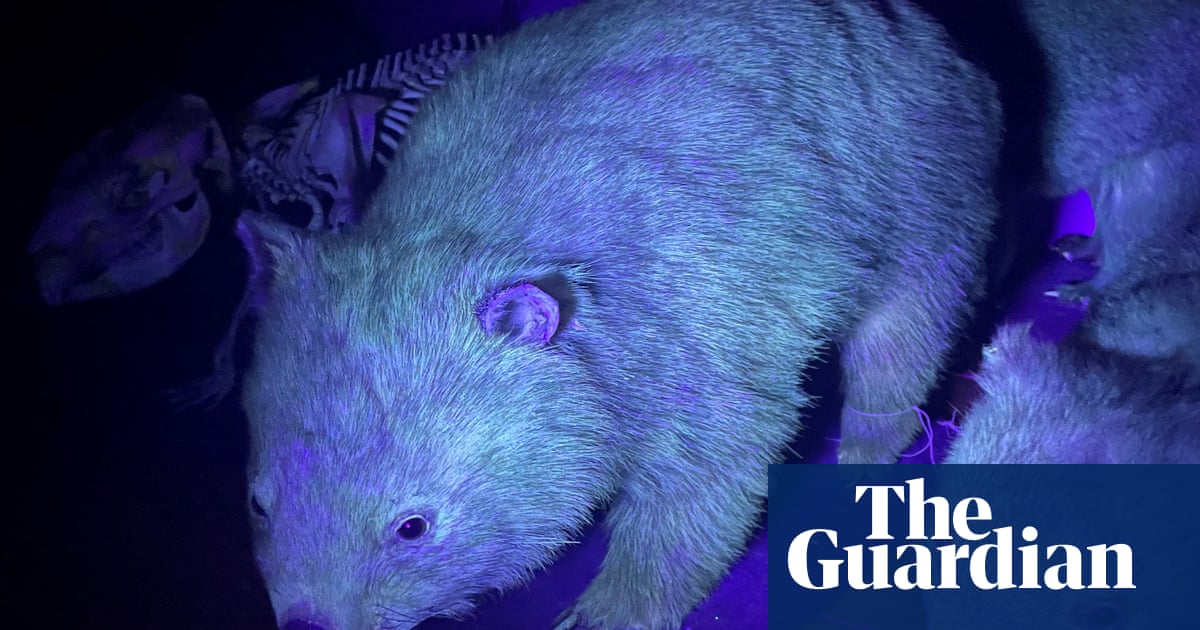
Big-brained mammals are typically considered intelligent – but a study has found that the body size of a species could have evolved smaller to adapt to environmental changes, making the brain appear proportionally bigger. In other words, relative brain size may have nothing to do with being clever after all.
By examining data underpinning the brain and body size of 1,400 living and extinct mammal species over the last 150m years, a cohort of researchers set out to investigate whether it is possible to predict how big a mammal’s brain will be based on its body size.
They found that brain size relative to body size has not followed a stable evolutionary trajectory. For example, great apes have generally grown in both brain and body size, while hominins declined in body size but evolved to grow bigger brains than the apes.
A species may appear to have a particularly big brain – but it may just be that the body evolved smaller, making the brain appear bigger in comparison, explained one of the study’s authors, Dr Jacob Dunn, an associate professor in evolutionary biology at Anglia Ruskin University.
Two big events changed the course of brain sizes among species, according to the study published in the journal Science Advances.
The collision of a large asteroid or comet that triggered the mass extinction of the dinosaurs roughly 66m years ago caused a dramatic shift in brain sizes in a number of mammalian species such as rodents and bats, which evolved quickly to adapt to this new dinosaur-free habitat. About 30m years later, a period of rapid cooling induced more profound evolutionary changes in brain and body size of species including seals, bears, whales and primates.
Often it still will be the case that bigger animals will have a bigger brain, simply because of their body size, but the study suggests that it is not quite that straightforward: there are lots of cases where body size can change without brain size changing or vice versa, said Dunn. “We need to examine things a lot more closely in order to be confident that we’re talking about something that is relevant to intelligence.”
Prof Anjali Goswami from the Natural History Museum in London, who is also an author of the study, said: “This study exemplifies the dangers of our own biases in interpreting the natural world. As big-brained humans, we have long assumed that differences in brain size across species was due to selection for big brains.
“We now understand that what appear to be differences in relative brain size across species are often because of selection on body size and not due to any great push towards increased cognition or anything to do with brains at all.”












